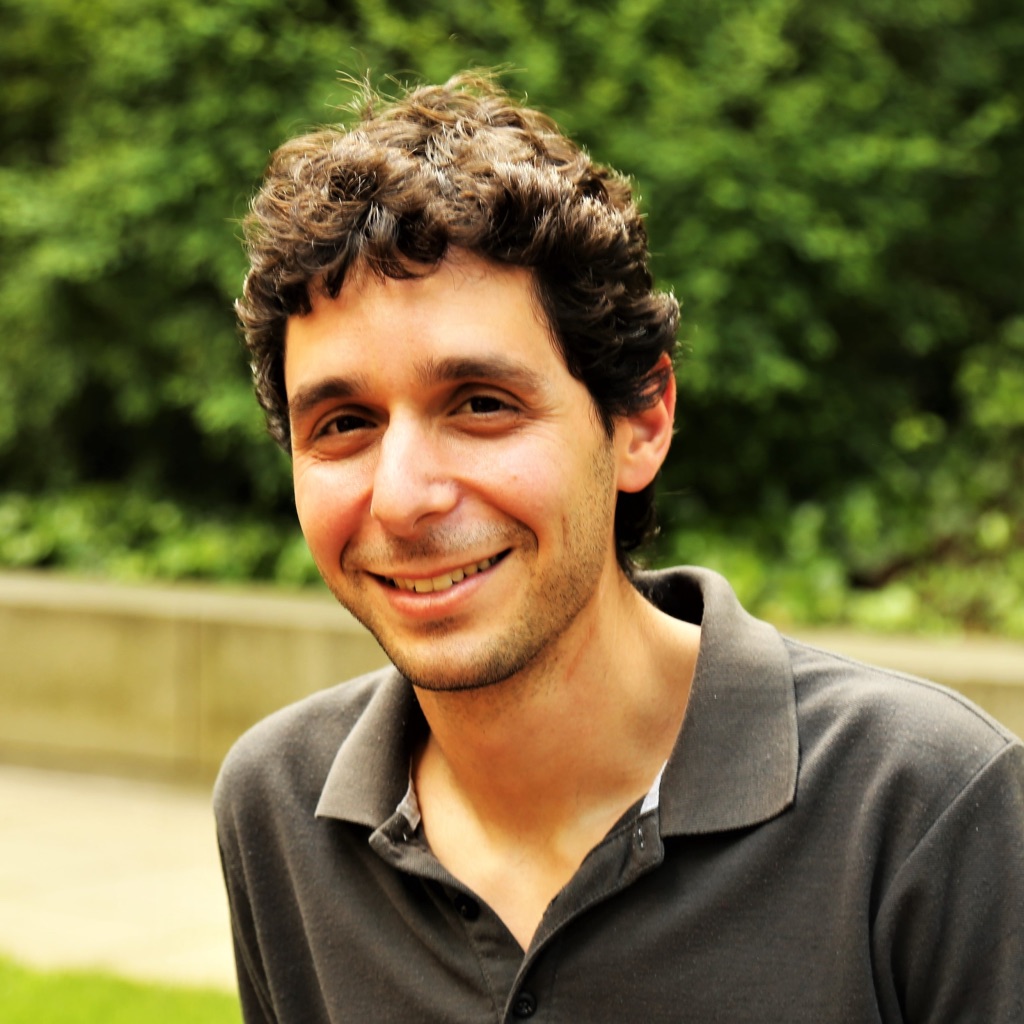
Genetic approaches to attain hypo-immunogenic human stem cell derived islets for transplantation
Elad Sintov1, Edwin A. Rosado-Olivieri2, Nayara Leite1, Juerg Straubhaar3, Adrian Veres1, Kyle Boulanger1, Michael Brehm4, Douglas A. Melton1.
1Harvard Department of Stem Cell and Regenerative Biology, Harvard University, Cambridge, MA, United States; 2Laboratory of Synthetic Embryology, The Rockefeller University, New York, NY, United States; 3FAS Informatics, Harvard University, Cambridge, MA, United States; 4Diabetes Center of Excellence, University of Massachusetts Medical School, Worcester, MA, United States
Type 1 diabetes (T1D) is an autoimmune disorder leading to the selective destruction of insulin-producing β-cells in the pancreas. Despite recent scientific advances, questions remain regarding the initial trigger and the downstream mechanisms of disease progression. Human embryonic stem cells (hESCs) and induced pluripotent stem cells (hiPSCs) provide new opportunities for cell replacement therapy of T1D. Therapeutic quantities of human stem cell-derived β-cells (SC-β) can be attained in vitro following a stepwise differentiation protocol. Yet, preventing immune rejection of grafted cells, without the use of life-long immunosuppressants, remains a major challenge, and the optimal goal is to transplant naked cells that are genetically modified to evade the immune system and induce tolerance. Using T1D patients’ hiPSC derived β-cells (iPSC-β), we developed a human in vitro platform in an autologous setting that recapitulates aspects of the effector/target interactions in an autoimmune response. We performed a droplet based single-cell RNA sequencing (scRNA-seq) of T1D iPSC-β, co-cultured with their autologous perihelial blood mononuclear cells (PBMCs). scRNA-seq data analysis of co-cultured cell populations identified upregulated genes that contribute to the initial inflammatory stimulation of T-cells, typical to the immune infiltrated pancreatic islets in T1D. Subsequent co-culture experiments have shown that CRISPR-depletion of such genes in SC-β, can reduce activation of T-cells and increase β-cell survival. These results unfold some insights into the nature of immune destruction of β-cells during T1D and provide means to prevent both autoimmune and allogeneic rejections of transplanted SC-β cells.
JDRF Grant 3-PDF-2018-590-A-N.